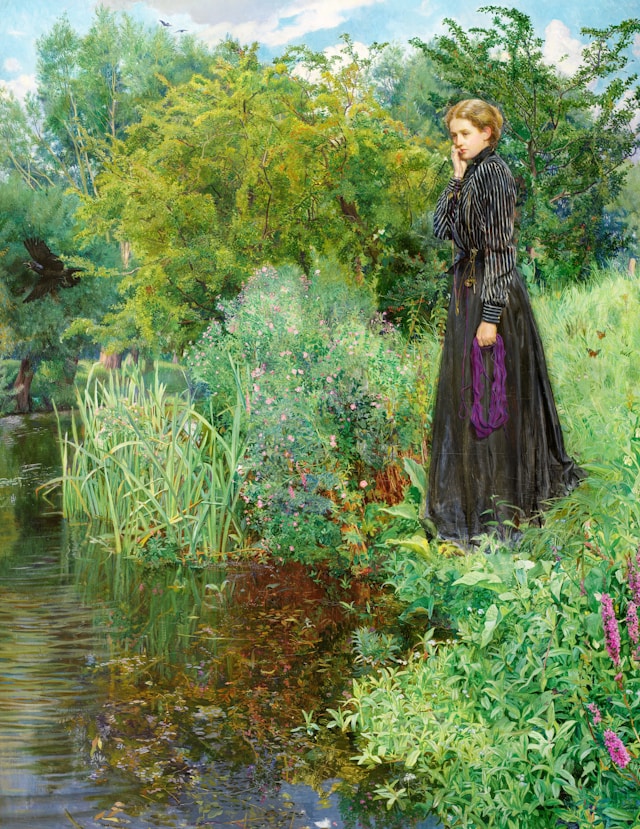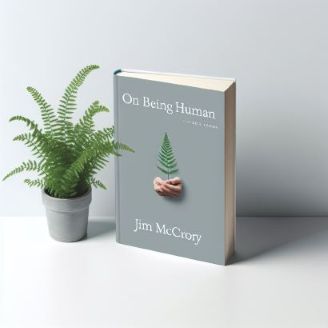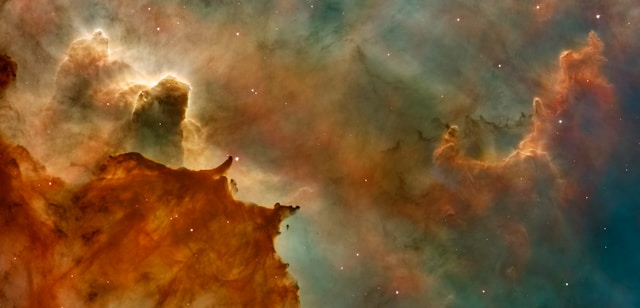And I heard a great voice, coming from the throne.
A Voice: See, the home of God is with His people.
He will live among them;
They will be His people,
And God Himself will be with them.
The prophecies are fulfilled:
He will wipe away every tear from their eyes.[a
Death will be no more;
Mourning no more, crying no more, pain no more,
For the first things have gone away.
Revelation 21:3,4.
The Voice Bible

https://unsplash.com/@birminghammuseumstrust
Some days, I feel like an ant lying in a red wheelbarrow inside a green garden shed, pondering the universe with existential angst. Inside that wheelbarrow, my world is small and confined. Yet, beyond the wheelbarrow, another world exists, and outside the shed, an even greater world awaits. Just as the ant's mind has its limits, so do we as humans, limited in our understanding of the vastness around us.
This brings us to the profound question: Why does God allow suffering? It's an age-old question that challenges our faith and our comprehension. But perhaps a simple story can help us reflect.
One spring, a robin tirelessly built her nest, carefully gathering straw to create a safe home for her future family. Each evening, the farmer would come and knock the nest down. The robin, persistent, would begin again the next day. This continued for several days, until the robin finally sought a new place to build her nest. Shortly after, a storm arrived, felling the very tree where she had been trying to build. The farmer, knowing the tree was diseased and that the storm was coming, was protecting the robin from greater harm by encouraging her to find safer ground.
Sometimes, like the robin, we may not understand why things fall apart. But there is often a purpose we cannot see. Many people turn away from God when faced with suffering, unable to comprehend the reasons behind it. Yet, God's wisdom is greater than ours, and His reasons often lie beyond our immediate grasp.
The Bible speaks to this in Romans 8:18-25, where we are reminded that the suffering of this present time cannot compare to the glory that awaits us. God allows suffering, but He also promises deliverance. He knows the pain we endure, and He calls us to patience and trust in His greater plan.
Imagine you had the means to create a perfect paradise—an island with beautiful houses, rivers, gardens, and abundant wildlife. What could spoil such a paradise? Human choices. To maintain the peace and harmony of your creation, you would carefully observe those who inhabit it, seeking those who appreciate your gift and respect the laws necessary for its preservation.
In Genesis, God gave humanity free will—a gift that carries immense responsibility. We have the freedom to choose good or evil, but our choices affect not just ourselves, but others as well. In His wisdom, God observes how we use this freedom, shaping a future where those who live with love, loyalty, and respect for His creation will inherit His paradise.
“For the eyes of the Lord run to and fro throughout the whole earth, to show Himself strong on behalf of those whose heart is loyal to Him” (2 Chronicles 16:9).
Suffering, then, is not meaningless. It reveals the true nature of our hearts, testing our character in ways that comfort never could. In Luke 23:39-44, one of the criminals crucified alongside Jesus mocked Him, while the other recognized His innocence and asked to be remembered in His kingdom. Jesus, seeing the heart of the second man, assured him of his place in paradise.
God is preparing those with loyal hearts to inherit the paradise He has promised. Though we may not always understand why suffering is permitted, we are called to trust in the One who sees the bigger picture, guiding us toward a future free of pain and filled with glory.
Revelation Scripture taken from The Voice™. Copyright © 2012 by Ecclesia Bible Society. Used by permission. All rights reserved.



